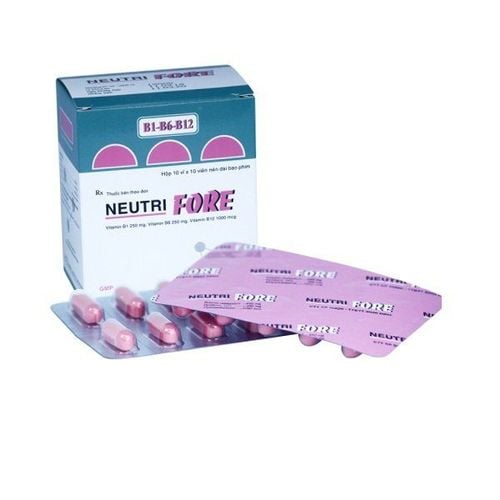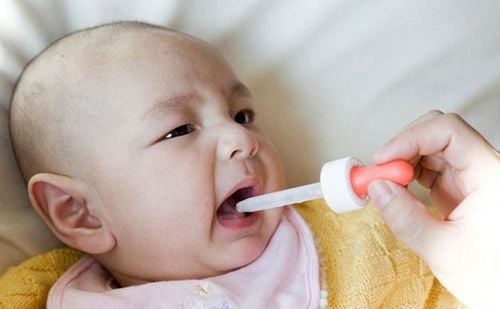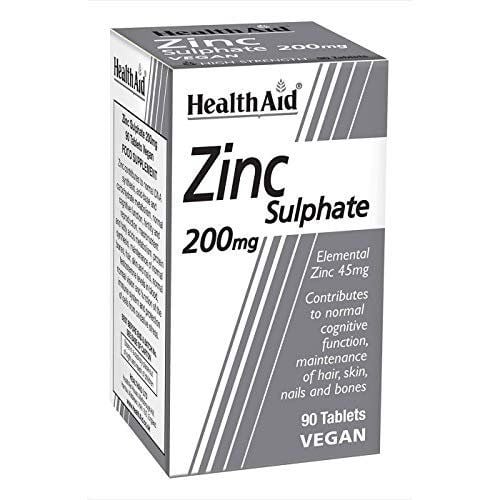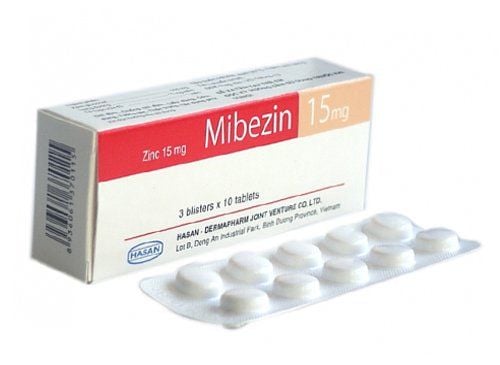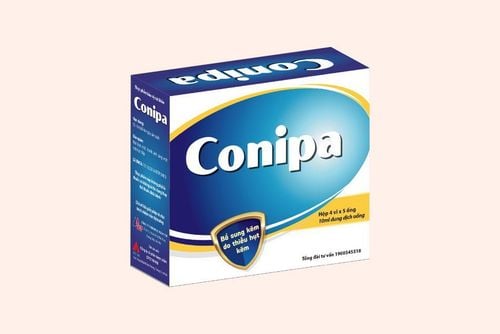This is an automatically translated article.
The article is professionally consulted by Resident Doctor, Master Dang Thi Ngoan - Pediatrician - Neonatologist - Department of Pediatrics - Neonatology - Vinmec Ha Long International General HospitalZinc deficiency in children may play a role in the etiology of anorexia. Symptoms of anorexia and zinc deficiency in children are sometimes similar, such as weight loss, anorexia, nausea, growth retardation for age and skin lesions, and repeated infections. Therefore, recognizing that zinc deficiency causes anorexia and timely intervention will help improve anorexia in children.
1. Why are zinc-deficient children anorexic?
Micronutrient deficiencies can cause growth and development retardation in children. Growth retardation has many adverse effects, such as cognitive and immune problems. Malnutrition has various causes, including socioeconomic factors, lack of knowledge about the nutritional needs of children, and many families lack adequate information and concerns about malnutrition. anorexia baby .Unbalanced or monotonous diets and micronutrient deficiencies can play an important role in children's nutritional deficiencies. Some of the micronutrients that play a key role in stimulating the taste buds of babies are zinc along with iron and magnesium. A decrease in appetite is the first visible sign of zinc deficiency and it precedes any other associated symptoms.
Although anorexia is largely due to behavioral causes, in other children it may be due to various factors such as micronutrient deficiencies, namely zinc deficiency, anemia and infections. In low- and middle-income countries, micronutrient deficiencies, especially iron and zinc, are common. Consequently, there have been numerous reports around the world on the effects of zinc supplementation on improving appetite and growth in children.
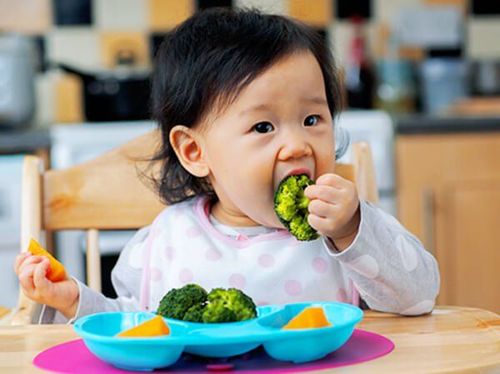
Trẻ thiếu kẽm ảnh hưởng đến quá trình kích thích sự thèm ăn
2. How to improve zinc deficiency causing anorexia in children?
Zinc deficiency has long been shown to lead to growth retardation. Zinc is a trace mineral essential for the health and development of a child's brain. Young children should get zinc daily from nutritious food sources. Also, don't give your child a zinc supplement without first consulting your doctor as it can cause dangerous side effects.In addition, parents or caregivers need to know the daily requirement of zinc in young children. Specifically, the amount of zinc a child needs depends on age, but it is possible for children to get all they need by eating a healthy and balanced diet. So far, nutrition institutes have not agreed on the recommended daily amount of zinc for children under 7 months of age, but after 7 months until the child is 4 years old, children should get 3 milligrams of zinc per day. Between the ages of 4 and 8, children need 5 milligrams of zinc per day, and between the ages of 9 and 13, children need 8 milligrams of zinc. Teenage girls and boys between the ages of 14 and 18 need 9 milligrams and 11 milligrams of zinc per day, respectively.
The best source of zinc for children should be from familiar foods every day. In which, beef, pork, chicken and fish are the top food sources of zinc. A nearly 100-gram serving of roast beef provides 7 milligrams of zinc and the same amount of pork provides 2.9 milligrams; chicken is 2.4 milligrams. A 100-gram serving of Alaskan king crab provides 6.5 milligrams of zinc, and the same amount of lobster contains 3.4 milligrams. A 250ml can of yogurt has 1.7 milligrams of zinc and 30 grams of cashews provides 1.6 milligrams. A slice of Swiss cheese, a cup of milk, or a packet of instant oatmeal provide about 1 milligram of zinc.
Thus, depending on the specific dietary needs of each child, regular meat feeding is one of the simplest ways to increase intake of this essential mineral. Parents can feed their kids a can of yogurt with chopped nuts for a delicious and zinc-rich snack. A simpler way to provide zinc during outdoor outings is to give children an extra box of milk next to regular meals to increase the amount of zinc needed for children.
Precisely because most children do not need zinc supplements in addition to their daily diet, giving them supplements containing zinc can cause poisoning. Side effects of zinc excess include nausea, vomiting, diarrhea, and headache. Furthermore, an excess of zinc can also prevent a child's body from using iron properly and lead to a decrease in copper levels.

khi trẻ thiếu kẽm, cha mẹ không nên tự ý cho trẻ uống thuốc chứa kẽm mà phải tham khảo ý kiến bác sĩ
In summary, zinc is an essential nutrient required for many physiological functions in the body. Zinc deficiency causing anorexia in young children has been confirmed in observational studies as well as in animal models. However, when ensuring a balanced diet with a variety of ingredients, the ability to provide zinc according to children's needs can still be met. At the same time, zinc supplementation with synthetic products can still be considered, it is best to follow dosage instructions to avoid excess zinc harmful to children.
In addition to zinc, parents also need to supplement their children with other important vitamins and minerals such as lysine, chromium, B vitamins,... errands.
To have more knowledge about taking care of children according to age, please visit the website (vinmec.com) regularly and make an appointment with the leading doctors, Pediatricians - Nutrition experts when you need advice.






